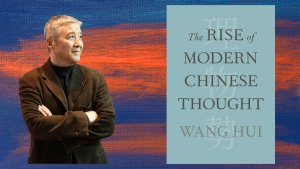Knight liked to point out that there are “known knowns,” meaning things we know we know; there are “known unknowns,” meaning things we know that we don’t know; and then there are the “unknown unknowns – the ones we don’t know we don’t know.”
Picking up on Knight’s ideas, Andreas Dombret, a member of the Deutsche Bundesbank’s executive board, warns in The International Economy magazinethat we should “beware unknown unknowns,” or what Knight also called “radical uncertainty.” Dombret suggests that forgetting about radical uncertainty was a key part of what created the 2008 financial crisis.
If only we had listened to Knight’s prophetic wisdom.
With this framework in mind, Dombret uses the metaphor of the ancient Roman myth of Sibylline books - books that “contained prophecies that did not exactly forecast future events, but [that] had to be understood as an aid to finding measures to prevent and manage a devastating disaster” – to explore methods for preventing future financial crises.
Dombret suggests four categories that these books might address. The first is reducing complexity, which he calls “an effective instrument for preventing systemic crises.” The second is carefully communicating risk analysis. The third is establishing institutions and credibility because “systemic risk needs the appropriate institutional set up.” And fourth is taking into account the global economy, meaning that you must “be aware of relevant developments outside your own region.”
Dombret’s final recommendation goes back to Knight’s advice. “Beware of ‘known unknowns’ and ‘unknown unknowns,’” he says.
At the heart of Dombret’s recommendations is the idea that forgetting the limits of our ability to control financial markets and the fallout of their collapse would be an enormous mistake. The evidence of this is all around us now. Let’s hope we heed his warning.

